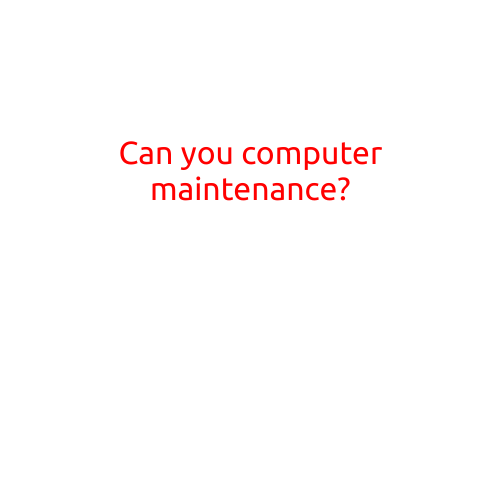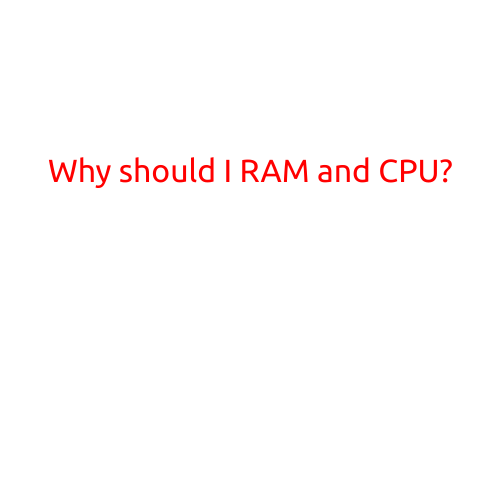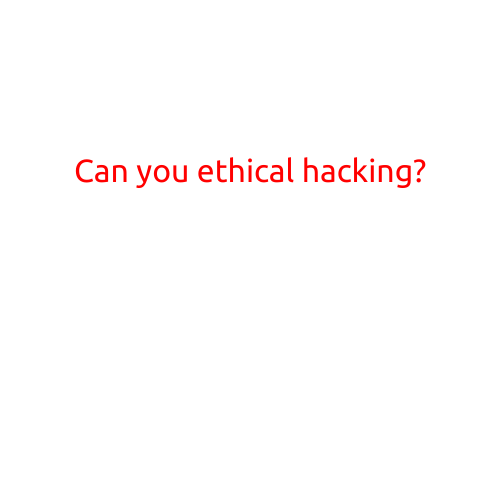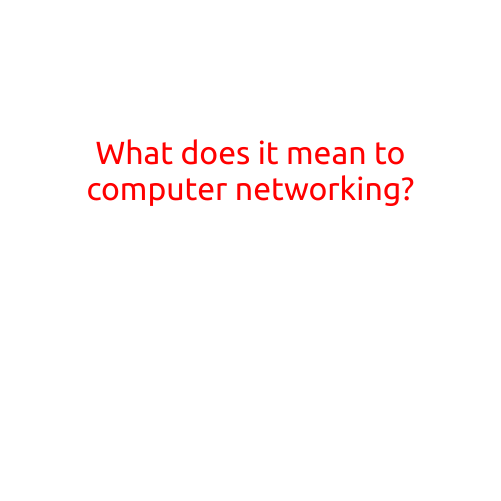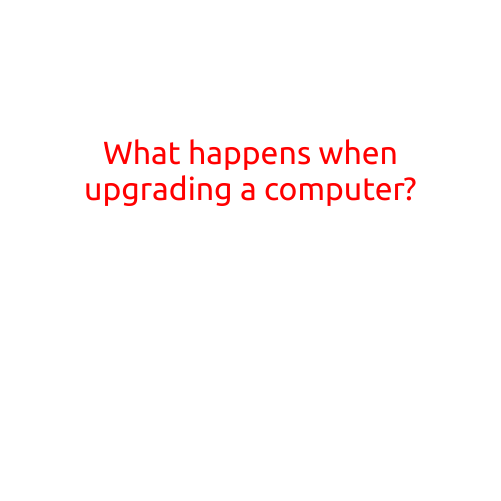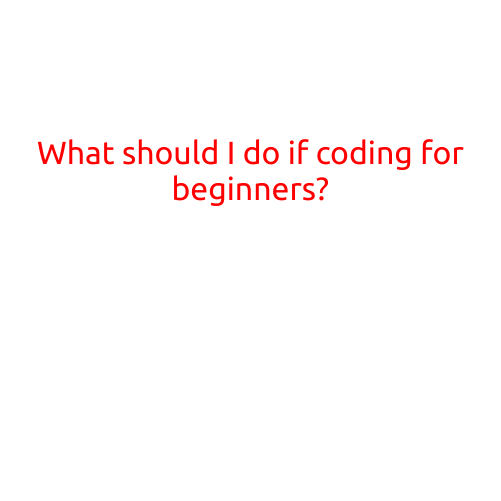
What Should I Do if I’m a Coding for Beginners?
Congratulations on taking the first step towards learning to code! As a coding for beginner, it’s normal to feel overwhelmed and unsure of where to start. But don’t worry, with the right guidance and approach, you can overcome the initial hurdles and become a proficient programmer. Here’s a comprehensive guide to help you get started:
1. Set Clear Goals
Before you begin, define what you want to achieve. What type of programming languages do you want to learn? What projects do you want to work on? What kind of skills do you want to develop? Setting clear goals will help you stay motivated and focused throughout your learning journey.
2. Choose the Right Resources
There are numerous online resources available to learn coding, including tutorials, online courses, videos, and blogs. Some popular resources for beginners include:
- Codecademy: An interactive platform that offers step-by-step coding lessons.
- FreeCodeCamp: A non-profit organization that provides a comprehensive curriculum in web development.
- Coursera: A massive open online course platform that offers courses from top universities.
- Udemy: A paid online course platform that offers courses in various programming languages.
3. Start with the Basics
Don’t dive into complex projects right away. Start with the basics, such as:
- Understanding the syntax and structure of a programming language.
- Learning basic data types, variables, and operators.
- Understanding control structures, such as if-else statements and loops.
- Practicing coding exercises and quizzes to reinforce your understanding.
4. Practice, Practice, Practice
Practice is key to learning coding. Start with simple exercises and gradually move on to more complex projects. Practice coding for at least 30 minutes a day to see improvement.
5. Join Online Communities
Connecting with other coders can be a great way to learn and get help when you’re stuck. Join online communities such as:
- Reddit’s r/learnprogramming: A community of over 1 million programmers who share knowledge and resources.
- Stack Overflow: A question-and-answer platform for programmers.
- GitHub: A platform for developers to share and collaborate on projects.
6. Work on Projects
Once you’ve gained a solid understanding of the basics, start working on projects that interest you. This could be building a simple calculator, a game, or a web application. The more you work on projects, the more you’ll learn and stay motivated.
7. Read and Learn from Others
Reading books, articles, and blogs written by experienced programmers can help you learn new concepts and stay up-to-date with industry trends. Some popular books for beginners include:
- “Code Complete” by Steve McConnell
- “Clean Code” by Robert C. Martin
- “The Pragmatic Programmer” by Andrew Hunt and David Thomas
8. Join Online Courses
Taking online courses can be a great way to learn specific skills or get exposure to new programming languages. Some popular platforms for online courses include:
- Coursera: Offers courses from top universities.
- edX: Offers courses from leading institutions.
- Udemy: Offers courses in various programming languages.
9. Stay Consistent and Patient
Learning to code takes time and effort. Don’t get discouraged if you don’t understand something at first. Stay consistent and patient, and you’ll eventually see progress.
10. Celebrate Your Progress
Celebrate your progress, no matter how small it may seem. Recognize that every small step you take is a step closer to becoming a proficient programmer.
In conclusion, becoming a coding for beginner requires dedication, persistence, and the right resources. By following these tips, you’ll be well on your way to learning coding and achieving your goals.

